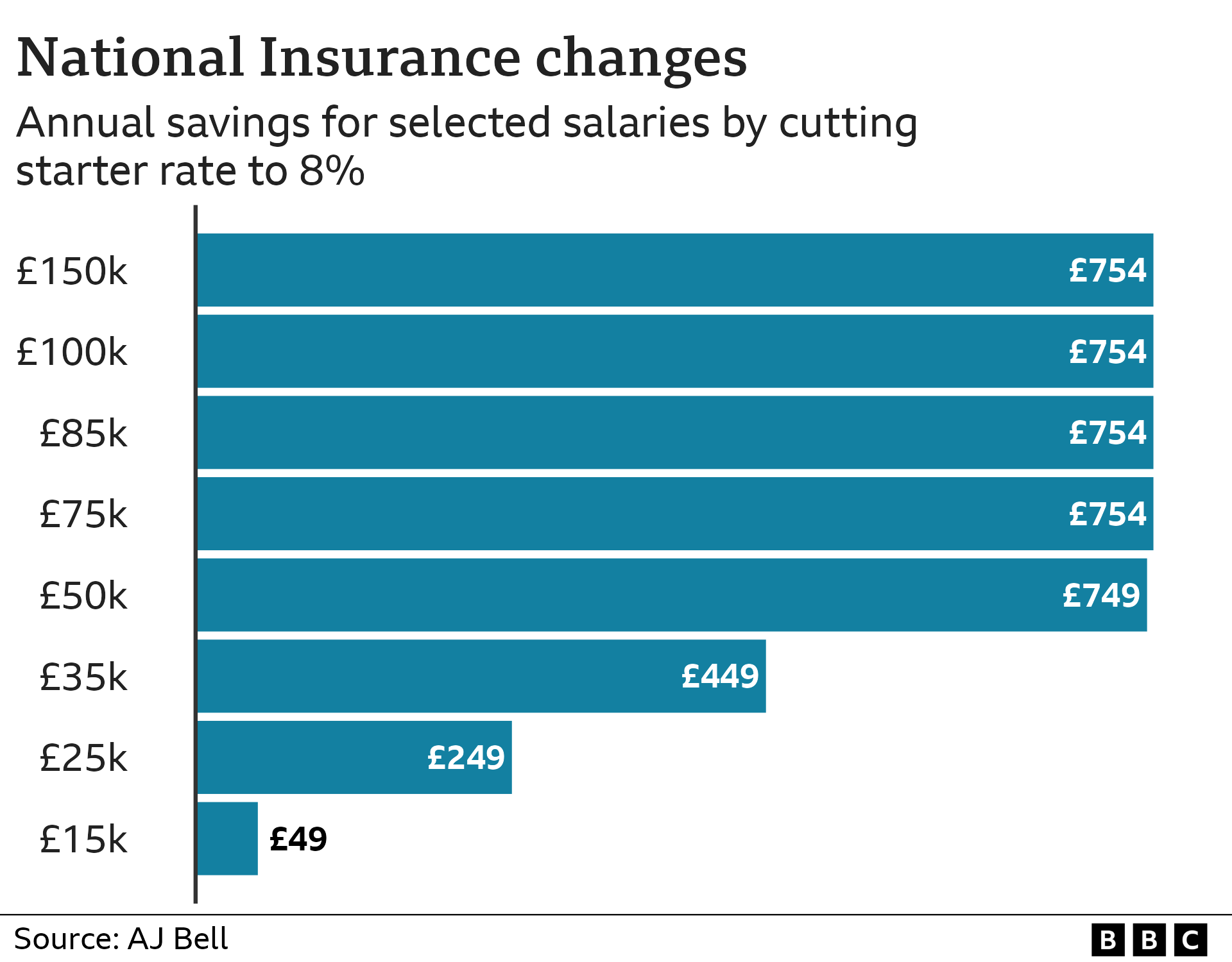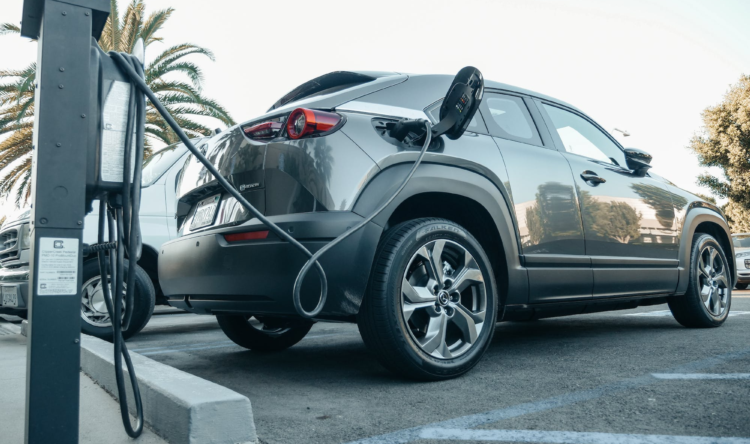Budgeting blues
Chancellor attempts to make in-roads into electorate popularity
Another spring Budget, and the last before a general election – or is it?
The government and the Conservative party was relying on the chancellor to pull rabbits out of his treasury hat and revive their fortunes ahead of going to the polls later this year.
Tax cuts were called for by his party members, and despite a few carrots, there wasn’t any great magic trick here.
2p ticket
Jeremy Hunt, the chancellor, cut National Insurance by 2p.
It follows a similar cut by Hunt in the last Autumn Budget.
Labour said the move was a “con” and would leave many people worse off. This is based on the. fact that Income Tax thresholds (when you start paying differing bands of tax) have remained the same despite the inflation levels over the last year.
As wages increase to keep up with inflation, it means you will be giving the treasury proportionately more in tax on those earnings.
Mr Hunt argued that it would make the tax system fairer and help revive the economy.
But Labour leader Sir Keir Starmer, while supporting the cut, said it would not offset freezes to tax thresholds, which will see some people pay more income tax over time.
He added that taxes were at a 70-year high, and people had taken an “unprecedented hit” to their living standards in recent years.
Holding back
The Budget also included a continuing freeze on fuel duty, and alcohol duty, increases to child benefit salary thresholds and a new vaping levy, while non-dom tax status is being abolished.
Mr Hunt had been under pressure to cut personal taxes, with the Tories trailing Labour heavily in opinion polls ahead of the next general election.
It had fuelled speculation ahead of the Budget the chancellor would opt to cut income tax, which is thought to have a greater political impact with voters.
But despite this, he announced a widely-trailed 2p cut in National Insurance (NI), reducing the rate paid by employees from 10% to 8%, and from 8% to 6% for the self-employed.
Mr Hunt said the change to NI would be worth £450 a year to an employee on an average salary of £35,000.
Hunt’s long-term aim is to get rid of National Insurance altogether, simplifying the personal tax system.
Savings for you?

In the Commons, Sir Keir said the chancellor was attempting to “give with one hand, take even more with the other”.
He added: “The whole country can see exactly what is happening here. They recognise a Tory con when they see it.”
Liberal Democrat leader Sir Ed Davey called the Budget a “last-ditch attempt from the Conservative Party to cling on to power”, adding it “reeks of desperation”.
“Never before have I seen a government deliver weaker public services, higher taxes and zero growth all at the same time,” he added.
Personal tax changes
The Institute for Fiscal Studies, a think tank, says the combined effect of both cuts in NI and the threshold freezes between 2021 and this April means those earning between £26,000 to £60,000 are better off.
However, people earning less than £25,000 are worse off, whilst those earning £60,000 to £120,000 will see little difference.
As well as making changes to the child benefit thresholds, the chancellor said he would consult on moving to a system that used household, rather than individual, income by April 2026.
Around the bend
The Budget comes against a backdrop of sluggish economic growth, with the country falling into recession at the end of last year.
However, Mr Hunt said the economy would “soon turn the corner”, with growth forecast to be faster than expected over the next two years.
The government’s independent forecaster, the Office for Budget Responsibility, is also expecting inflation – the rate prices are rising – to fall to the target rate of 2% before the end of June.
This suggests the government may wait until the autumn to call an election, which must be held by the end of January 2025, rather than calling a May poll.
By then the economic picture is likely to have improved and there could be another opportunity to cut taxes.
Main Budget announcements
- The Household Support Fund, which helps people struggling with cost-of-living pressures and was due to close in four weeks’ time, will continue for another six months
- A freeze on alcohol duty, which had been due to end in August, will be extended until February 2025
- A new tax on vaping products will be introduced from October 2026
- Tobacco duty will go up £2.00 per 100 cigarettes at same time, to ensure vaping remains cheaper
- Fuel duty is frozen again, with the 5p cut in fuel duty on petrol and diesel, due to end later this month, kept for another year
- Tax breaks for owners of holiday let properties will be scrapped.
Fuel duty frozen
Hunt also announced that fuel duty will remain at its current rate and be frozen for the next 12 months. He will also extend a “temporary” 5p cut on fuel duty which was due to end this month.
With fleets facing record pump prices at the start of 2022, fuel duty was cut by 5ppl in by the then Chancellor, Rishi Sunak, after being frozen at 57.95ppl since 2011.
The Government used last year’s Budget to freeze the main rate again – and extend the temporary cut up until the end of this month (March 2024).
Fuel duty is currently levied at a flat rate of 52.95p per litre for both petrol and diesel, while VAT at 20% is then charged on both the product price and the duty.
The freeze on fuel duty is expected to cost the Treasury £5bn.
Matthew Briggs, CEO at fuelcard provider, Right Fuel Card, was not surprised by the announcement of a continued fuel duty freeze and an extension of the 5-pence-per-litre price cut.
Nevertheless, he said: “We had hoped for a further price reduction”.
“February saw pump prices climb once again and reach the highest monthly increase in five months.
“With customers still facing uncertainties around food and energy costs, it’s positive that the Government has continued the fuel duty freeze and extended the 5p per litre price cut even further in a bid to combat these fluctuating costs.”
He added: “Whilst overall fuel prices are out of the government’s hands, we’d hope that consumers and business owners will see a more positive impact than what we’ve seen recently. We’re also keen to see more consistent pricing by retailers and less of a postcode lottery.”
Think of the environment
There was also disappointment from many in the sector with the Chancellor ignoring calls to help drive EV adoption rates.
Mike Hawes, chief executive of trade body the Society of Motor Manufacturers and Traders (SMMT), says support was welcomed for EV development and manufacturing – including £2.1bn in the autumn’s Advanced Manufacturing Plan – but there was “little to help consumer demand” in the Budget is, labelling it a “missed opportunity” to deliver fairer tax for a fair transition.
“Reducing VAT on new EVs, revising vehicle taxation to promote rather than punish going electric, and an end to the VAT ‘pavement penalty’ on public charging would have energised the market,” he said.
“With both Government and industry having statutory requirements to deliver net zero, more still needs to be done to help consumers make the switch.”
Last year the government extended the date for new diesel and petrol vehicle sales to be banished, from 2030 to 2035.
This move is thought to have slowed down the move by the general public to EVs.
Economic backdrop
The Office of Budget Responsibility (OBR) says that gross domestic product (GDP) will be marginally higher this year at 0.8%.
Economic growth will then be better than the OBR previously expected in 2025 at 1.9% next year – 0.5% higher than the OBR’s autumn forecast – and at 2% the following year.
In 2027, the OBR predicts that the economy will grow by 1.8% and again by 1.8% in 2028.
An election
It was expected that the Prime Minister, Rishi Sunak, would call an early spring general election.
If so, this would have been the last Budget before the election.
However, some believe that, as the economy has taken a bit of a dip and the opinion polls being soo gloomy for the government, that perhaps the election may now take place at the end of the year, or even squeezed in at the beginning of the next.
This would allow he economy to pick up and opinion polls to rally in their favour.
Also, in this Budget statement, Jeremy Hunt stole two potential Labour party policies.
The opposition had stated they would scrap ‘non-dom’ tax status and extend the windfall tax on oil and gas companies.
Jeremy Hunt may still have time for and Autumn Budget, and that may provide the opportunity to cut income tax and boost the Conservative chance of being re-elected at the next general election.







